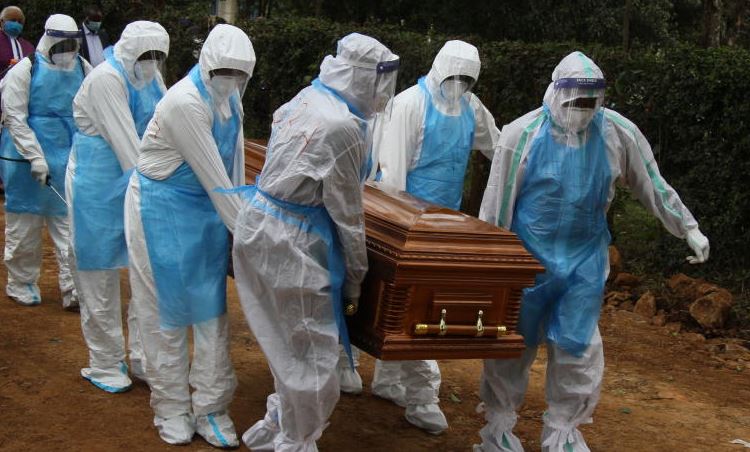×
The Standard e-Paper
Join Thousands Daily

The novel coronavirus was heralded as the great equaliser when the first case was confirmed in Kenya.
The virus, it seemed, did not care whether you were a wealthy Nairobi resident or a poor citizen trying to literally scratch off a living from the earth.